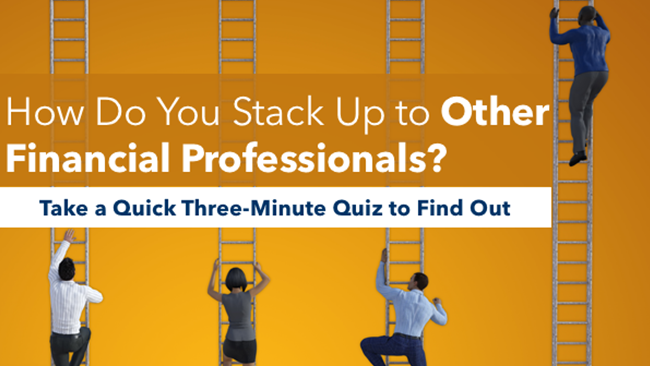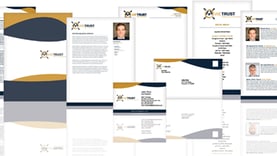Are your presentations failing to generate appointments? It may not be the information you're providing, but how it's presented. Here are the top reasons why a professional speaker will improve the quality and results of your prospecting workshops and seminars.

By Definition: Professional
The first and probably most obvious reason: This is their profession and they take public speaking very seriously. In many cases, they do this for a living because they are good at it, and have been doing it for quite some time. Never discount their experience. Let's say you use a professional speaker that conducted 500 speaking events in their career. How long would it take you to accomplish that level of experience? If you did one speaking engagement for 50 weeks each year, it would take you 10 years to match their experience. That should put into perspective the value of experience.
Refined Presentation Techniques
The experience of 500 events will also fine tune the skill sets needed to create a favorable result. This is the speaker's ability to deliver a compelling message that engages the audience and motivates or drives them to a preferred action. This motivating force often comes from the speaker's professional stage presence. A professional's stage presence commands attention and creates a credible bond which enables the audience to buy in.
Telling Stories Instead of Pitching Products
The next unique element of experience is story telling. Many advisors -- who think they are good speakers -- try to impress the audience with their knowledge. Generally that knowledge centers on or focuses on a product-driven presentation. Facts and figures, as well as features and benefits, are intellectual knowledge. Intellectual knowledge appeals solely to the left side of the brain, which has an intellectual basis for its actions. We know that people buy emotionally and they make the justification intellectually. Therefore, we must appeal to the right side of the brain by using concepts and telling stories which emotionally impact the audience.
Conveying Ideas for Audience to Embrace and Own
Too many times presenters become wrapped up in the data-filled slides on the screen when the real connection takes place between the speaker and the audience. Professional speakers use a story to bring the concept or topic down to a real-world scenario. This allows the audience to truly relate and embrace the concept, which I like to call the "filler info." It’s the glue that ties all the facts, features, and benefits together in a way that it can be understood, then believed, and finally owned by those in the audience. It is only at this point, ownership, in which the audience can act upon this knowledge as they can now relate personally and emotionally with the topic or concept.
The Best Use of Your Marketing Dollars
The best way to get the biggest return on investment in any of your marketing efforts is to hire professionals to assist you. If you're printing brochures, you hire a graphic designer. If you're recording a TV commercial, you hire a video producer. If you're hosting prospecting events, a professional speaker can help you make the most out of your investment by transforming leads into prospects and generating appointments.





